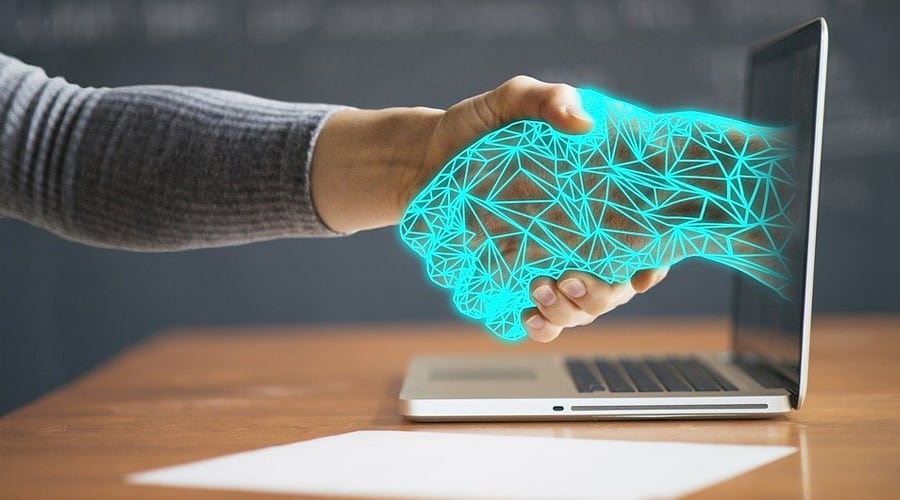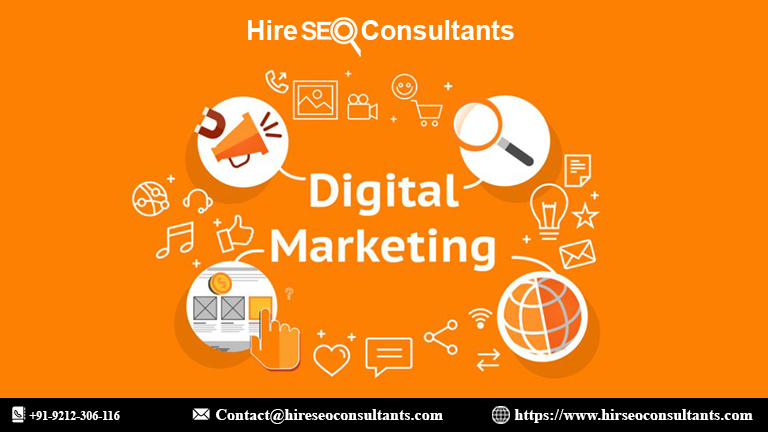Science and Technology in Shaping the Modern World
In the vast tapestry of human history, there are few threads as prominent and transformative as those woven by science and technology.

In the vast tapestry of human history, there are few threads as prominent and transformative as those woven by science and technology. From the invention of the wheel to the exploration of space, from the printing press to the internet, the relentless march of progress in these fields has shaped the world we live in today. In this exploration, we will embark on a journey through time, tracing the historical roots of scientific and technological advancements, and examining their profound impact on various aspects of the modern world. From communication to healthcare, transportation to energy, and even the social and ethical dimensions, science and technology have played a pivotal role in shaping the contours of our existence.
Historical Perspective
To understand the role of science and technology in shaping the modern world, it is essential to delve into their historical evolution. These advancements did not emerge overnight; they are the result of millennia of human curiosity, innovation, and discovery.
Throughout history, humans have harnessed the power of science and technology to solve problems, make life easier, and expand their horizons. The wheel, one of the earliest technological innovations, revolutionized transportation and laid the foundation for complex societies. The invention of the printing press in the 15th century transformed the dissemination of knowledge, fueling the Renaissance and the Enlightenment.
The Scientific Revolution of the 17th century, marked by the work of luminaries like Galileo, Kepler, and Newton, paved the way for a new era of scientific inquiry. This era laid the groundwork for the systematic application of scientific principles to solve real-world problems, giving rise to the Industrial Revolution in the 18th and 19th centuries. Steam engines, textile machinery, and innovations in metallurgy ushered in an age of unprecedented economic growth and urbanization.
Communication and Information Revolution
The modern world is characterized by a global network of communication and information exchange, made possible by advancements in science and technology. The internet, a product of decades of research and development, has become an indispensable part of our daily lives. It has transformed the way we connect, share information, and conduct business on a global scale.
Smartphones, which are essentially powerful computers in our pockets, have revolutionized personal communication and access to information. Social media platforms have connected people across continents, enabling real-time communication and social interactions.
The internet's impact extends far beyond personal communication. It has democratized access to knowledge, making information on virtually any topic available at our fingertips. Online education, open-access journals, and platforms like Wikipedia have democratized learning and research.
Healthcare and Medicine
Science and technology have had a profound impact on healthcare and medicine. Medical advancements, driven by research and innovation, have led to breakthroughs that have improved the quality of life and extended human life expectancy.
Vaccines, one of the most significant achievements in medical science, have eradicated or significantly reduced the prevalence of deadly diseases like smallpox and polio. Surgical innovations, including minimally invasive procedures and robotic surgery, have made surgery safer and more precise.
Diagnostic tools, such as MRI and CT scans, have revolutionized medical imaging, enabling early detection and accurate diagnosis of diseases. Biotechnology has opened doors to personalized medicine, where treatments are tailored to an individual's genetic makeup.
Transportation and Mobility
The history of transportation is closely intertwined with technological innovation. From the invention of the wheel and the steam engine to the development of automobiles and airplanes, transportation technology has profoundly shaped the modern world.
The steam locomotive, an icon of the Industrial Revolution, revolutionized land transportation, making the movement of goods and people faster and more efficient. The advent of automobiles in the early 20th century transformed personal mobility and led to the growth of urban centers.
The aviation industry has made the world smaller, connecting distant parts of the globe in a matter of hours. High-speed trains, magnetic levitation (maglev) technology, and electric vehicles are some of the recent advancements in transportation that promise to make travel even more sustainable and efficient.
Energy and Sustainability
The quest for energy has driven many technological advancements throughout history. The Industrial Revolution was fueled by coal, while the 20th century saw the rise of oil as a dominant energy source. However, the environmental consequences of fossil fuel consumption have led to a renewed focus on sustainability and renewable energy sources.
Science and technology have played a pivotal role in developing renewable energy solutions such as solar, wind, and hydropower. These technologies have the potential to reduce our reliance on fossil fuels, mitigate climate change, and create a more sustainable future.
Efforts to increase energy efficiency and develop energy storage solutions are also ongoing, aiming to make renewable energy sources more reliable and accessible.
Space Exploration and Discoveries
The exploration of space is a testament to human curiosity and technological prowess. Space exploration has expanded our understanding of the universe and our place in it.
The launch of the first artificial satellite, Sputnik 1, in 1957 marked the beginning of the space age. Since then, humans have walked on the moon, sent robotic probes to distant planets, and launched space telescopes that have provided breathtaking views of the cosmos.
Space technology has also led to practical advancements on Earth, including the development of GPS navigation and Earth observation satellites that monitor the environment, track climate change, and aid disaster management.
Social and Cultural Impacts
While technology has brought numerous benefits, it has also had profound social and cultural impacts. The digital revolution, driven by the internet and mobile technology, has transformed the way we interact, communicate, and consume information.
Social media platforms have created new avenues for self-expression and activism. They have also raised questions about privacy, digital addiction, and the spread of misinformation.
The availability of information and the ease of global communication have led to cultural exchange and the sharing of diverse perspectives. However, they have also highlighted cultural clashes and the challenges of navigating a globalized world.
Economic Growth and Innovation
The relationship between technological innovation and economic growth is well-established. Technological advancements have the potential to drive productivity, create new industries, and enhance competitiveness.
Innovation hubs, such as Silicon Valley in the United States, have become centers of technological innovation and entrepreneurship. Startups and tech giants alike are constantly pushing the boundaries of what is possible and business models.
Technological innovation has also led to job creation in emerging fields, from artificial intelligence and data science to renewable energy and biotechnology.
Ethical and Moral Considerations
While science and technology have brought immense benefits, they have also raised ethical and moral considerations. The power to manipulate genes, for example. raises questions about the ethics of genetic engineering and the potential for designer babies.
The proliferation of surveillance technology and data collection has prompted debates about privacy and the balance between security and civil liberties.
Ethical considerations also extend to the use of technology in warfare, with the development of autonomous weapons and cyber warfare capabilities posing significant moral dilemmas.
Future Prospects and Challenges
As we look to the future, science and technology continue to evolve at an unprecedented pace. Emerging fields such as artificial intelligence, quantum computing, and biotechnology hold the promise of further transformative advancements.
However, with great promise comes great responsibility. The ethical implications of these emerging technologies must be carefully considered. Questions about the impact of AI on employment, the potential for genetic discrimination. The risks associated with advanced cybersecurity threats require thoughtful and informed responses.
What's Your Reaction?


















